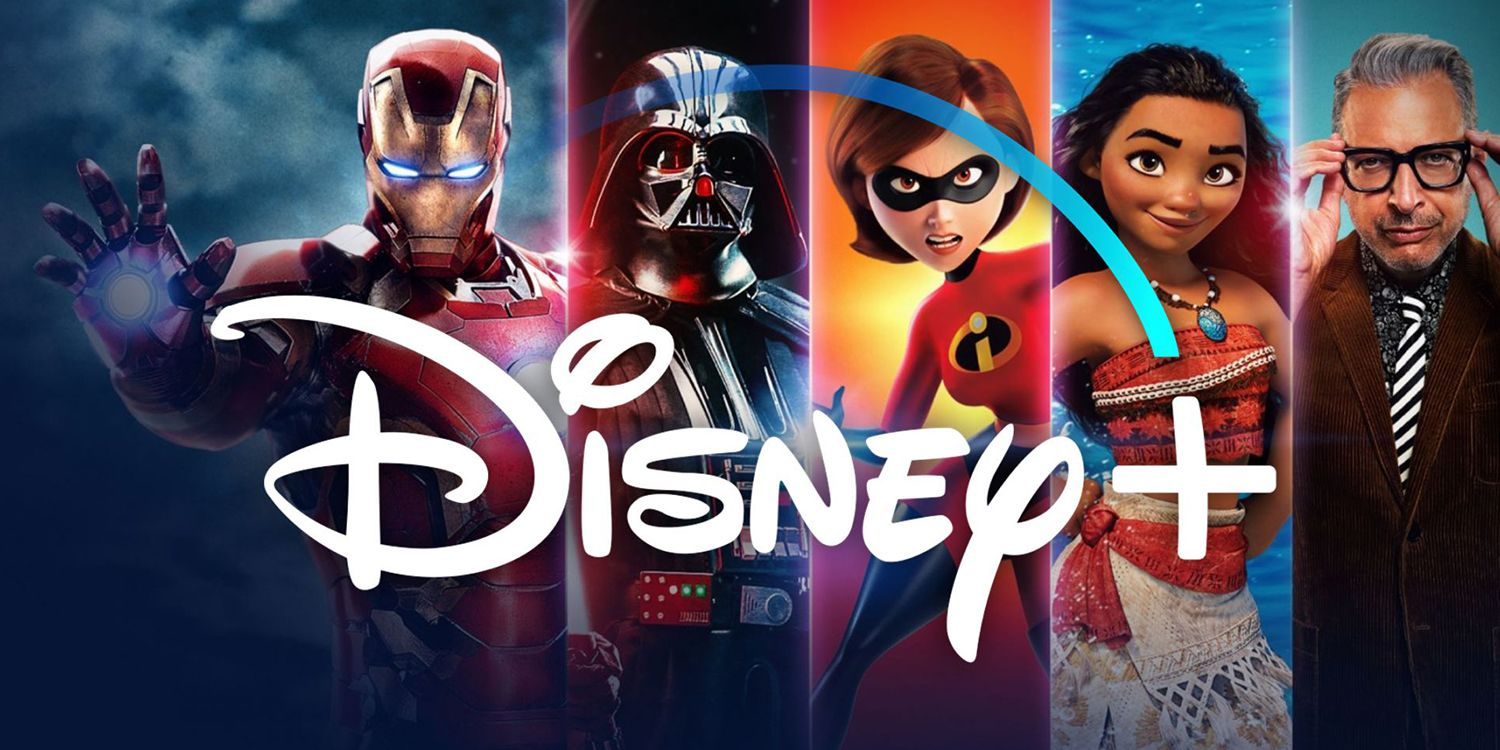As one of the largest players in entertainment and owner of many of the industry's most successful properties, most people rightly assumed that Disney's streaming service would be a massive hit. In less than three months, Disney+ has amassed over 28 million subscribers, possibly taking some of them from rival services. However, despite its early success in terms of both subscribers and critical reception to The Mandalorian, it is not clear that this momentum can last.
During an earnings call with investors, Walt Disney CEO Bob Iger revealed that Disney+ has reached 28.6 million paid subscribers since its launch last November. The streaming service also had an astonishing 10 million signups during its first day of launch. Disney+'s enormous success has exceeded even the optimistic predictions of industry analysts, who predicted somewhere between 20 million and 25 million subscribers. Disney+'s massive subscriber base already rivals Hulu's, which has a 30.7 million subscribers as of February 3. However, the new streaming service is still far behind Netflix, which has 68 million subscribers in the United States and 161 million subscribers worldwide.
Industry analysts predicted that Disney+ would be helped significantly by its partnership with Verizon. However, Iger revealed that Verizon accounted for just 20 percent of subscribers. Despite its overwhelming success, Disney doesn't expect its new streaming service to be profitable until 2024, and reported a $693 million loss in the direct-to-consumer and international segment during the first fiscal quarter. Disney+ is currently available in U.S., Canada, the Netherlands, Australia, New Zealand and Puerto Rico, and will begin to launch in Asian and Western European countries this spring. Disney+'s international rollout this year will certainly bring more subscribers to the platform, and possibly challenge Netflix's global dominance.
Disney+ is looking to add 60 to 90 million subscribers by the end of 2024, but the streaming service is already facing questions of how it can retain its current subscriber base while also adding new members. All streaming services are fueled by new content, and Netflix's global dominance is largely due to its ability to drop multiple new shows on a weekly basis. Instead of following Netflix's strategy of releasing all of the episodes in a season at once, Disney+ drops episodes on a weekly basis.
While High School Musical: The Musical: The Series generated a lot of buzz among younger viewers (and has been confirmed to be returning for a second season), Disney+'s biggest show is undisputedly The Mandalorian. Launched on November 12 and backed by an elaborate marketing campaign, the Jon Favreau-created show has been well-received by both critics and fans of the Star Wars franchise. Most importantly, "Baby Yoda" has dominated the social media landscape and became one of the biggest memes of 2019.
The astonishing success of The Mandalorian made Disney+ a credible challenger to Netflix's dominance. Netflix lost one million subscribers in one month to Disney+, and has been projected to lose 4 million subscribers in 2020 due to competing streaming services. The Mandalorian replaced Netflix's Stranger Things as the most in-demand streaming series in the world, though it later lost the title to Netflix's fantasy-drama The Witcher. While The Mandalorian may be a pop culture phenomenon for Disney+, a new season won't premiere until October.
The service needs another breakout hit, but, in the meantime, the overwhelming majority of the streaming service's offerings are from the legendary studio's deep back catalog. Disney+ excited fans by by teasing Marvel shows The Falcon & the Winter Soldier, WandaVision and Loki during the Sunday's Super Bowl, but none of these shows will debut until August. With that in mind, many industry insiders are wondering if the streaming service's approach is sustainable.
While the streaming service's slow global rollout may be questionable, it could ensure that there is a new influx of subscribers as Disney+ debuts in a new market. Netflix's approach has been to make as much new content as possible and swiftly cancel shows that aren't generating a lot of buzz. Yet Disney+'s unique approach of producing limited content parceled out over time may prove to be successful as well. It may be a long time until it catches up with Netflix, but Disney+ is still a prominent challenger in the streaming wars.



